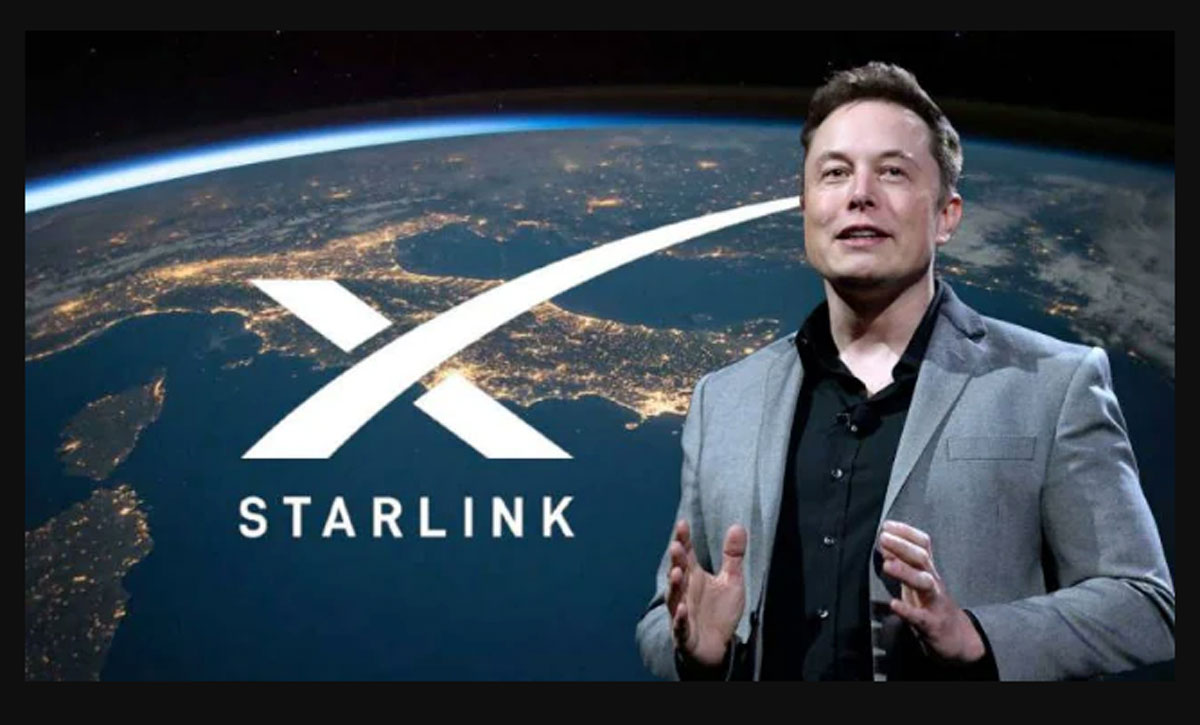OpenAI’s Public Debut: IPO Speculation
The Rise of OpenAI and Its Market Potential
OpenAI, the artificial intelligence research lab behind ChatGPT, DALL·E, and GPT-4, has become one of the most influential tech companies in the world. Founded in 2015 by Elon Musk, Sam Altman, Greg Brockman, and others, OpenAI initially operated as a non-profit before transitioning to a “capped-profit” model under OpenAI LP.
With a valuation exceeding $80 billion as of early 2024, OpenAI’s rapid growth has fueled intense speculation about an initial public offering (IPO). Investors and analysts are closely watching for signs of a public debut, which could reshape the AI industry and set new benchmarks for tech valuations.
Why an OpenAI IPO Is Highly Anticipated
1. Unprecedented Demand for AI Solutions
The global AI market is projected to reach $1.8 trillion by 2030, driven by advancements in generative AI, automation, and machine learning. OpenAI’s products, particularly ChatGPT, have demonstrated massive commercial potential, with over 100 million weekly active users as of 2024.
2. Strong Financial Backing
OpenAI has secured billions in funding from Microsoft, venture capital firms, and private investors. Microsoft’s $10 billion investment in early 2023 underscored OpenAI’s strategic importance, raising expectations for a future IPO.
3. Competitive Landscape
Rivals like Google (DeepMind), Anthropic, and Meta are aggressively investing in AI. Going public would allow OpenAI to raise capital for R&D, talent acquisition, and global expansion, ensuring it remains a market leader.
Challenges OpenAI Faces Before Going Public
1. Regulatory Scrutiny
Governments worldwide are tightening AI regulations. The EU AI Act and U.S. executive orders on AI safety could impact OpenAI’s business model, requiring transparency and compliance measures that may delay an IPO.
2. Revenue Model Uncertainties
While OpenAI generates revenue via ChatGPT Plus subscriptions, API access, and enterprise deals, its long-term profitability remains unproven. Investors will demand clear monetization strategies before committing to an IPO.
3. Corporate Structure Complexities
OpenAI’s hybrid non-profit/for-profit model is unusual for a potential public company. Clarifying governance, shareholder rights, and profit distribution will be critical before an IPO.
Potential Valuation and Market Impact
Analysts estimate OpenAI could be valued between $100 billion and $200 billion in an IPO, rivaling tech giants like Meta and Tesla. Such a debut would:
- Reshape the AI sector, encouraging more startups to go public.
- Attract institutional investors seeking exposure to cutting-edge AI.
- Pressure competitors to accelerate their own AI initiatives.
IPO Timeline: When Could OpenAI Go Public?
While OpenAI has not confirmed IPO plans, several factors suggest a possible timeline:
- 2025-2026: If OpenAI stabilizes revenue streams and navigates regulatory hurdles, a mid-decade IPO is plausible.
- Strategic Partnerships: A merger or SPAC deal could accelerate the process, though a traditional IPO seems more likely.
- Market Conditions: A bullish tech market would favor a high-valuation debut, while economic downturns could delay plans.
How an OpenAI IPO Would Compare to Tech Giants
Historical Precedents
- Google (2004): Valued at $23 billion at IPO, now worth over $1.7 trillion.
- Facebook (2012): Debuted at $104 billion, reaching $1 trillion+ in 2024.
- Snowflake (2020): The largest software IPO at $33 billion, signaling investor appetite for disruptive tech.
OpenAI’s IPO could surpass these benchmarks, given its transformative AI technology.
Investor Considerations Before Buying OpenAI Stock
Pros:
- First-mover advantage in generative AI.
- Microsoft’s backing provides stability and cloud infrastructure.
- Massive growth potential as AI adoption expands.
Cons:
- Regulatory risks could limit business operations.
- High valuation may lead to volatility post-IPO.
- Competition from well-funded rivals like Google and Anthropic.
Final Thoughts on OpenAI’s IPO Prospects
The possibility of an OpenAI IPO represents a watershed moment for AI and public markets. While challenges remain, the company’s technological leadership and market demand position it for a landmark debut. Investors, regulators, and tech enthusiasts alike await further developments—OpenAI’s next move could redefine the future of artificial intelligence in the public domain.

